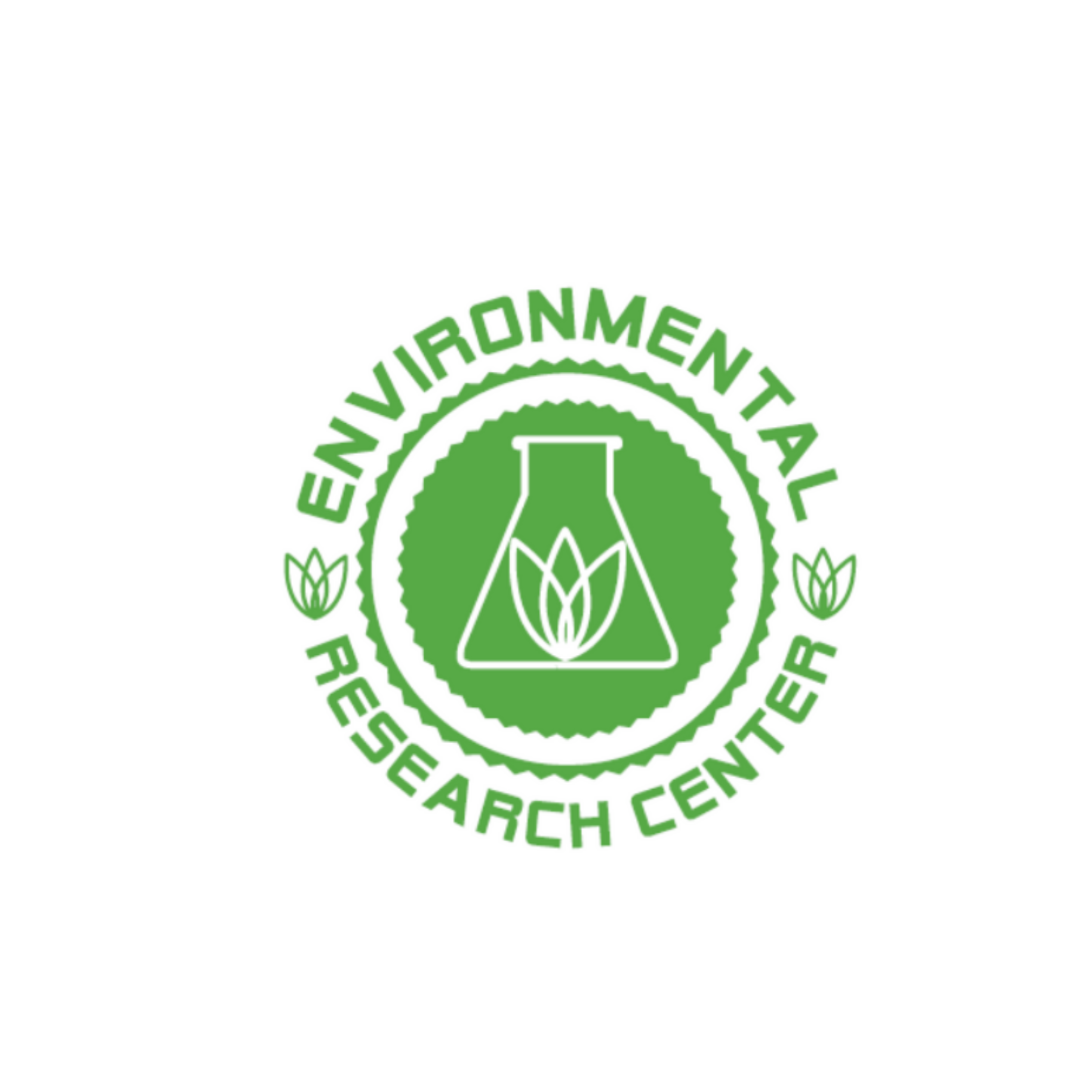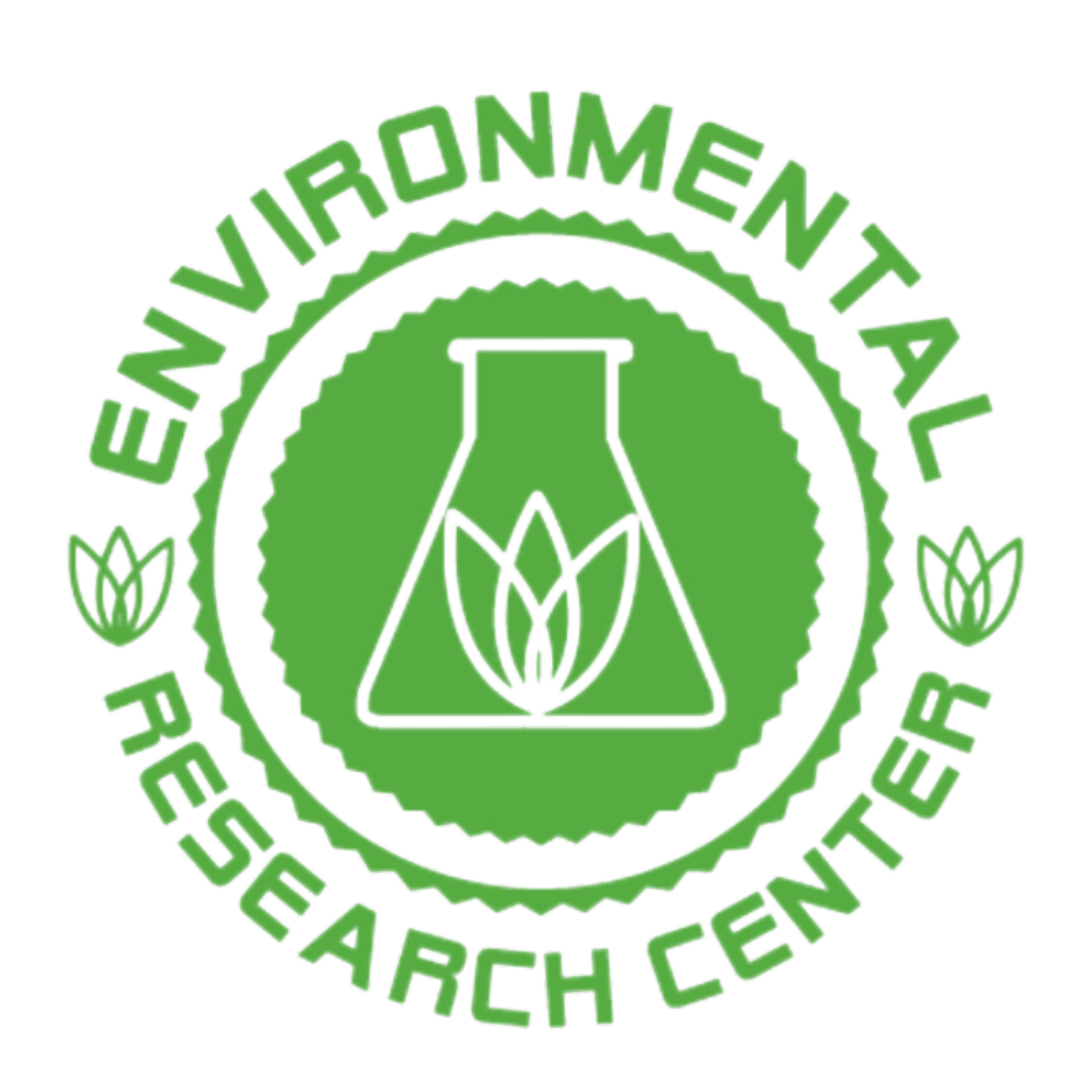🚫 The Hidden Toxins in “Natural” Products
Even the most well-meaning companies can unknowingly sell products that contain toxic heavy metals like lead, arsenic, cadmium, and mercury. These substances are naturally occurring in soil, which means they can make their way into plant-based ingredients — including those found in:
Protein powders (especially pea, hemp, rice)
Herbal teas and tinctures
Greens supplements and detox powders
Ayurvedic and traditional remedies
Under Prop 65, these toxins are considered carcinogens or reproductive toxins when present above certain levels — regardless of whether they occur “naturally.”
🌱 Why Organic Doesn’t Always Equal Risk-Free
While USDA Organic certification ensures that crops are grown without synthetic pesticides or fertilizers, it doesn’t test for heavy metals or environmental contamination. Organic turmeric, for example, may still contain lead if grown in contaminated soil. The same goes for cacao, beetroot, and spirulina.
A product can be both organic and non-compliant with Prop 65 if it contains unsafe levels of toxic chemicals.
🔍 The Greenwashing Problem
Some brands lean heavily into “clean” marketing, using vague phrases like:
“Made with natural ingredients”
“Free of harmful chemicals”
“Third-party tested”
…but fail to specify what they test for — or whether they monitor for Prop 65-listed substances. This lack of transparency can leave consumers vulnerable, especially those who are pregnant, immunocompromised, or purchasing products for children.
🧪 How to Protect Yourself: Smart Shopping in a “Clean” Market
The health and wellness aisle is full of bold claims — but flashy packaging and green labels don’t guarantee safety. Here’s how to be a more informed consumer in the age of greenwashing and hidden toxins:
🔍 1. Look Beyond the Buzzwords
Terms like “natural,” “clean,” “eco-friendly,” and “non-toxic” are not regulated or standardized. That means any brand can use them — even if their products contain substances listed under Proposition 65.
Instead, focus on:
Ingredient lists (Are they transparent or vague?)
Sourcing details (Do they disclose where their ingredients come from?)
Testing practices (Do they mention heavy metals, PFAS, or Prop 65 compliance?)
🧾 2. Ask for a Certificate of Analysis (COA)
A COA is a third-party lab report that shows exactly what’s in a product — including levels of heavy metals or other contaminants.
Ask the brand:
“Can you provide a recent COA that includes heavy metal testing?”
If they deflect, delay, or only provide selective results (like pesticide testing but not metals), that’s a red flag. Reputable companies often make these reports available on their websites or by request.
🧬 3. Be Cautious with Certain Ingredients
Some natural ingredients are more prone to contamination due to how and where they’re grown. High-risk items include:
Rice protein (arsenic)
Turmeric (lead)
Cacao (cadmium)
Greens powders (lead, arsenic, cadmium)
Seaweed or kelp (iodine, mercury)
This doesn’t mean you need to avoid them entirely — but you should look for brands that specifically test for these risks and openly share the results.
🌐 4. Use Trusted Databases
California’s OEHHA (Office of Environmental Health Hazard Assessment) offers publicly available resources on chemicals and product categories listed under Prop 65:
Prop 65 Chemicals List
Notices of Violation Database
ERC also shares active and resolved Prop 65 notices on our case archive so you can stay informed about products currently under legal scrutiny.
🤝 5. Support Transparent Brands
Look for companies that:
Publicly commit to Prop 65 compliance
Clearly list testing thresholds (like “<0.5 ppm lead”)
Share full COAs, not just buzzwords like “third-party tested”
Update consumers when formulations or suppliers change
When you find a brand that goes above and beyond, support them — and let them know transparency matters to you.
✅ ERC’s Mission
We believe consumers deserve the full picture — not just good marketing. When brands fail to disclose hazardous levels of toxins, especially in products marketed as safe, we hold them accountable through independent testing, public notices, and litigation under Proposition 65.
Because “natural” should never mean “unsafe.”



